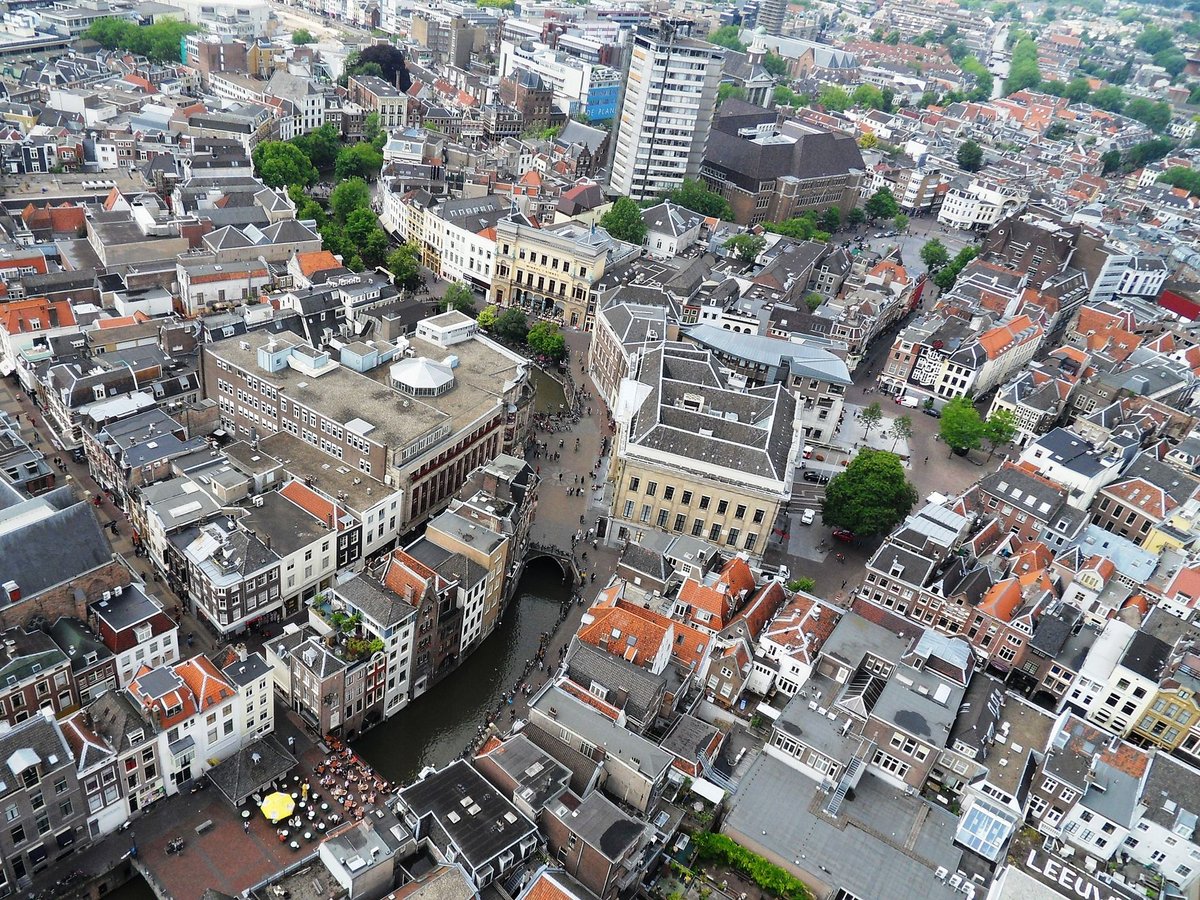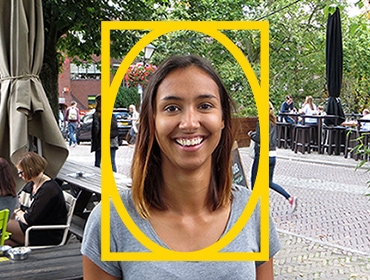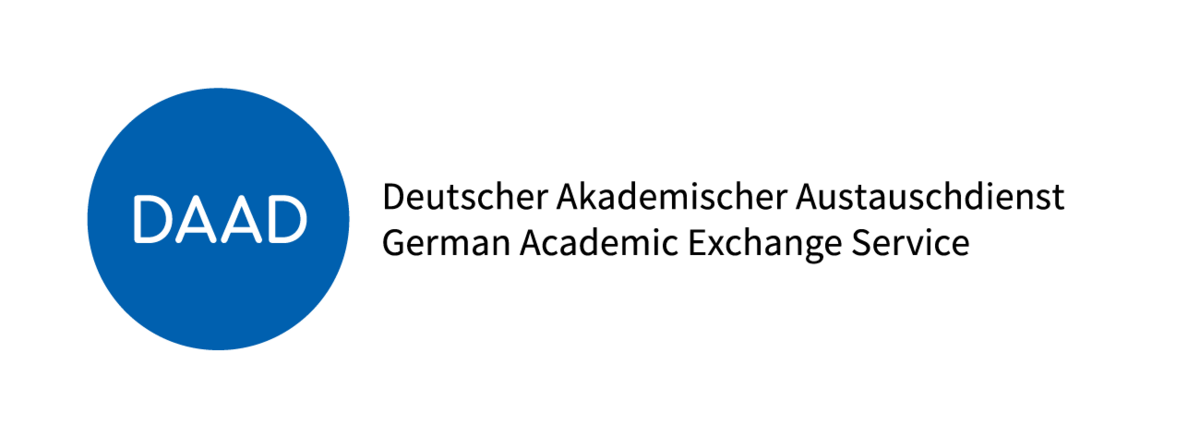
Double Degree Option - University of Utrecht
Exchange Option in the Master Programme Politics and Public Administration
Presentation of the programme
Double Degree option, in cooperation with the Utrecht University School of Governance, Netherlands.
Dealing with important questions in today’s Europe
- Financial markets in crisis – how can they be regulated
- Sustainable energy – how can we make the transition to a green economy?
- Welfare states – should they be reformed to foster economic growth, and if so how can this be done?
- Cross-border policing – what are the emerging patterns of intelligence sharing and law enforcement?
- Homogenisation – are European countries becoming more similar because of the EU?
- Unifier or underminer – does the EU pose a threat to democracy?
These are among the most important questions in Europe today. Each of them involves activities at local, national and European level, and each requires insights from economics, law and public administration. The interdisciplinary MA Programme in European Governance will equip you with the knowledge and skills to answer these questions and to formulate appropriate responses to the challenges they pose. In this way, it prepares you to deal with and work within the complexity of European governance – both in Brussels and at home.

Testimonial: Sanne Oehlers, Alumna 2015:
‘Exactly what I was looking for: An interdisciplinary perspective on the current topics and issues affecting Europe'
Check out the complete interview on the website of Utrecht University.
Perspectives
Become an academic professional
During the masters programme in European Governance you will be trained to analyse complex problems of European governance from multiple perspectives, including economics, law, political science and public administration. Moreover, you will learn to apply abstract knowledge and theory to real-life problems, through case studies, simulations and policy-oriented research projects. In this way, you will become an academic professional, someone who can use academic knowledge to analyse and solve complex problems in different contexts and from different perspectives. This opens up a wide range of job opportunities in local, regional and national governments, the EU institutions, other European organisations, non-profit and profit organisations, and consultancy firms that deal with issues of European governance.
Study Conditions
A unique programme with Utrecht University (incl. cooperation window with Masaryk University, Brno, CZ, or the University College Dublin, Ireland)
As a student of this MA Programme in European Governance, you will study and live in two different countries. This allows you to study and experience European governance from two different perspectives while providing you with a unique personal experience.
Year 1 of the programme is spent at the University of Konstanz (Germany). The University of Konstanz has a strong research tradition in international relations and European integration.
Other groups of students join the programme after having spent the first year of studies at the Masaryk University, CZ or the University College Dublin, Ireland. Masaryk University has, among other things, particular expertise in the democratic and market economy developments that have been transforming Central and Eastern Europe since the late 1980s. The University College Dublin is one of the most renowned academic institutions on the British Islands.
Year 2 is taken by all students together at Utrecht University (The Netherlands). Utrecht University focuses on the interdisciplinary study of European governance, using the combined insights of law, economics, public administration and organisational science.
Language of Instruction
English (additional course offer in German)
Degree awarded
M.A. (Konstanz) and M.Sc. (Utrecht)
Language of Master’s Thesis
English
Length of Degree Programme
4 Semesters
Number of Places Available
Five places for students at the Universiy of Konstanz and five for students at Utrecht University.
Tuition Fees
All students are enrolled at the University of Konstanz for the whole duration of their studies. Enrolled students pay an administrative fee of € 179 per semester at the University of Konstanz during the entire study time. Students that do not hold the citizenship of an EU or EEU member state have to pay an additional tuition fee of € 1500 per semester. The most relevant information about these fees have been collected on the website of the Student Service Centre at the University of Konstanz.
During their year at Utrecht University, students holding a EU-citizenship have to pay tuition fees of approx. € 2000.
Scholarships and Financial Support
Students admitted by the University of Konstanz are eligible for a monthly DAAD-scholarship during the study period abroad.

